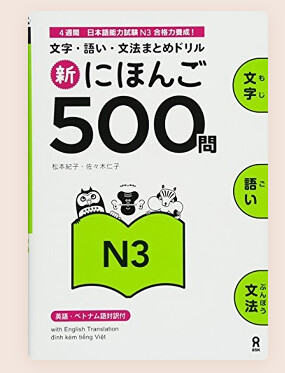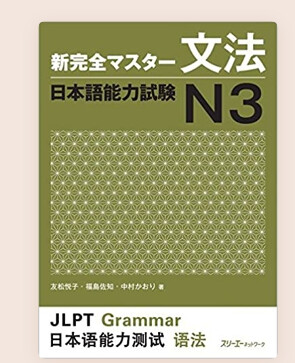Hi! So, I’m looking for some advice.
I’m currently living in Japan and will take the JLPT N3 in in December and think I have royally messed up with my time management and have generally just been lazy.
I think I’m fine for both kanji and vocab, I think my issue is grammar and practical use or immersion.
-
Wanikani Level 37
-
Anki Decks Complete - Ankidrone JLPT N5, N4, N3. Kaishi 1.5K. My own mining deck consisting of about 400 words I’ve heard in conversations. I would say I have roughly about 6k words memorized.
-
I’ve finished Genki 1, and have just finished Genki 2 yesterday including the textbook and workbook. I was going to move onto Quartet but worry that this only covers 1/4 of the grammar needed and will take all my remaining time to complete in just over a month.
-
I’ve studied all N5 and N4 grammar on Bunpro but have only done 60/219 N3 grammar points.
-
In terms of my reading, I have read all of the Genki N5 and N4 graded readers and have generally not found them difficult.
-
Since February, the only listening practice I get is about 10minutes in the morning of watching “Japanese Super Immersion” on YouTube talk casually about random topics. And I do shadowing for 10minutes on the way to work with “Japanese with Kanako”.
-
I don’t really enjoy Anime or Manga so I haven’t watched anything in Japanese other than a few episodes of things here and there, but basically no immersion.
-
I have done no practice exams, and no exam reading or listening practice.
-
I’ve been doing speaking lessons with a Japanese teacher in Japan once a week for about 2 months. We just talk casually for an hour and a half. My speaking is pretty awful so it’s mostly her speaking, but I can follow along with our conversations most of the time with missing bits of information here and there.
Sorry this is so long. I have 46 days until the test. I think I’ve realized that I’m definitely going to fail but will still take the exam for practice. I’m trying to stop myself from just giving up and could use some advice on how best to use my time and proceed.
My plan going forward would be to scrap the textbooks and learn 5 grammar points on Bunpro per day. Start using all my free time to read novels and watch all of しろくまカフェ. And also try to do at least 2 practice exams a week. Maybe ask my Japanese teacher if we could focus on N3 specific something but I don’t know what to suggest. I’m just so brain scattered and annoyed at myself, I don’t know how effective this would be.
Feel like I just needed to get this off my chest.
Thanks for reading.



